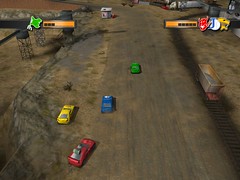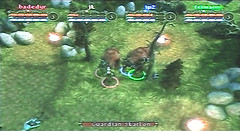Writes Charles Authur of The Guardian:
It’s an emerging rule of thumb that suggests that if you get a group of
100 people online then one will create content, 10 will “interact” with
it (commenting or offering improvements) and the other 89 will just
view it.
That’s very fine and interesting, of course. But does anyone know of a credible analysis of motivations for contributing? What makes those 1% tick? What incentives do they face which the silent majority do not?
Via Kollaborativ




